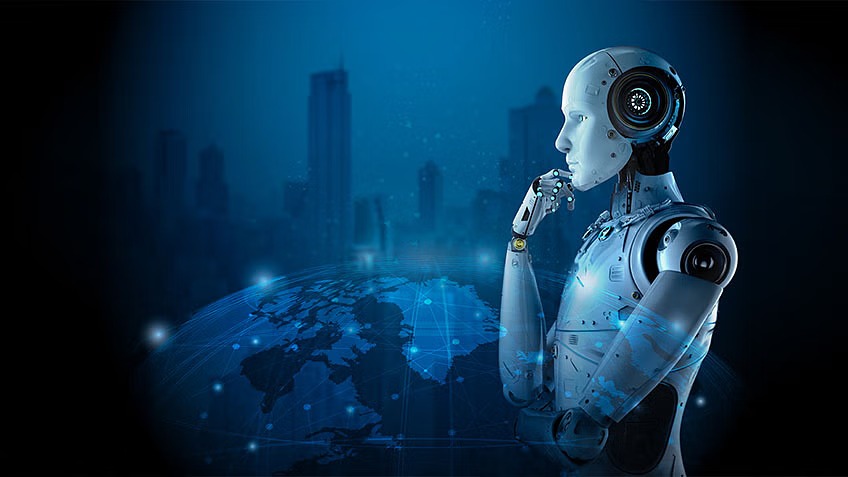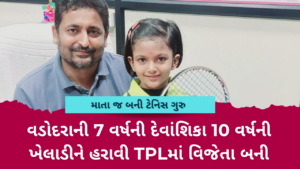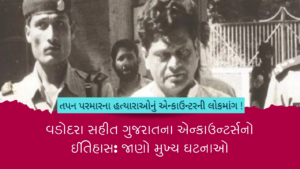–An Article By Maitreya Pawar
Do we really think that dubbing is an art? We have seen people mimicking Amitabh Bachchan. All these stand comedians and other comedians have this art, and dubbing is actually a full-fledged profession. But these are the artists who charge thousands and lakhs of rupees for the dubbing or even for a voiceover.
But what about the voiceover or dubbing we need for smaller projects, for small enterprises, since, social media is taking over these days, every day is getting more creatively complicated in terms of content creation.

Well, everywhere Artificial Intelligence (AI) is taking over the world, do you think it will take the voice of humans (literally)?
In recent times, the world has witnessed a significant shift in the landscape of content creation and communication, thanks to the rapid advancements in artificial intelligence (AI) technology. One of the latest breakthroughs in this domain is the integration of AI-powered voice dubbing into various multimedia platforms. This technology has the potential to revolutionize the way we consume and produce content, and it comes with both promises and challenges.
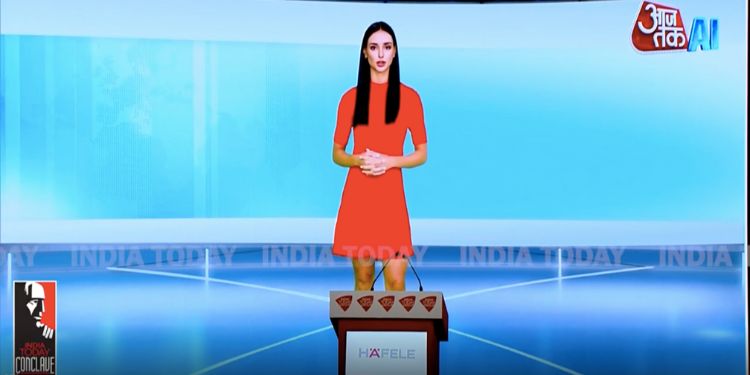
The concept of voice dubbing is not new; it has been used for decades to translate and adapt content for different language-speaking audiences. However, what makes the current developments remarkable is the level of accuracy and ease that AI-driven solutions like the 11 Labs Multilingual V2 Plus offer. It enables seamless voice translation from one language to another while maintaining the tone and expression of the original speaker. This article focuses on the voice-dubbing world of AI:
The integration of AI in voice dubbing has opened up several intriguing possibilities:
- Global Content Accessibility: AI-powered voice dubbing allows content creators to easily translate their videos, podcasts, or live broadcasts into multiple languages with the original speaker’s voice. This accessibility can potentially broaden the reach of content, making it more appealing to a global audience.
- Authenticity and Accessibility: With AI, viewers can now enjoy content in their preferred language while retaining the authenticity of the original voice. This technology eliminates the need for human dubbing artists, making it more cost-effective and efficient.
- Learning and Improvement: Content creators, like the hosts in the discussion, can use AI-powered dubbing as a tool for self-improvement. By hearing themselves in different languages and accents, they can identify areas for improvement in pronunciation, intonation, and expression.
Despite its remarkable potential, AI-powered voice dubbing also faces some challenges:
- Colloquial Translation: The current technology may not always provide the most colloquial translations, leading to sentences that sound grammatically correct but unnatural in everyday conversation. This issue needs further refinement to enhance the user experience.
- Real-time Dubbing: While AI can perform voice dubbing with high accuracy in offline settings, real-time dubbing remains a challenge. Live broadcasts, sports commentary, and political events still rely heavily on human translators and dubbers due to the complexity of maintaining lip synchronization.
- Impact on Dubbing Artists: The rise of AI-powered dubbing may affect the livelihood of human dubbing artists, as more content creators opt for automated solutions. It is essential to address the concerns of the dubbing industry and potentially find new roles for these professionals in the evolving landscape.
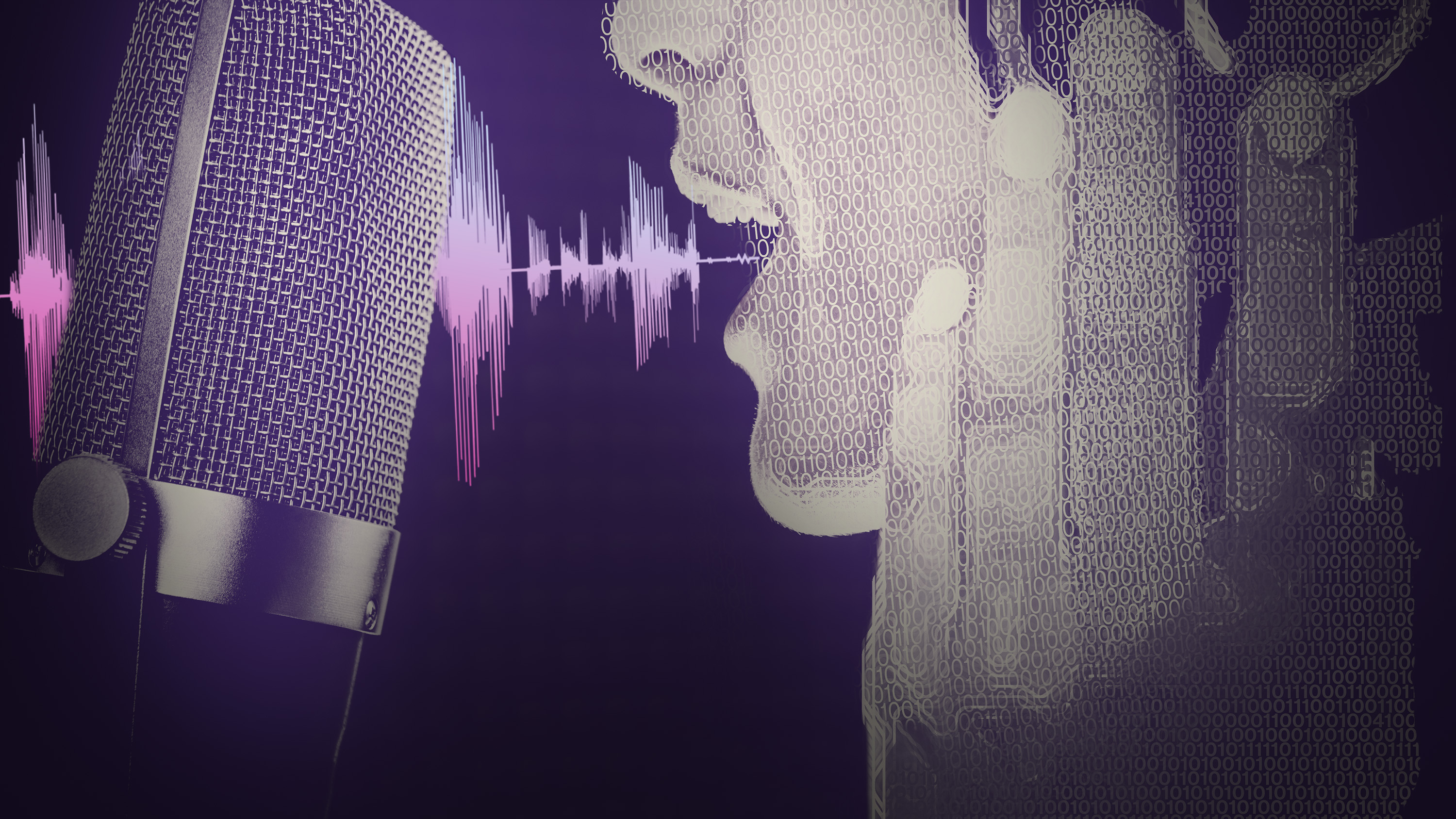 In conclusion, AI-powered voice dubbing is a game-changer in content creation and communication. It offers a glimpse into a future where language barriers are effortlessly crossed, enabling a more connected and inclusive global society. While there are challenges to overcome, such as improving colloquial translation and real-time dubbing, the benefits of this technology are undeniable. Content creators and technology developers must work together to harness the full potential of AI-powered voice dubbing while ensuring a fair and sustainable transition for those impacted by these innovations.
In conclusion, AI-powered voice dubbing is a game-changer in content creation and communication. It offers a glimpse into a future where language barriers are effortlessly crossed, enabling a more connected and inclusive global society. While there are challenges to overcome, such as improving colloquial translation and real-time dubbing, the benefits of this technology are undeniable. Content creators and technology developers must work together to harness the full potential of AI-powered voice dubbing while ensuring a fair and sustainable transition for those impacted by these innovations.

